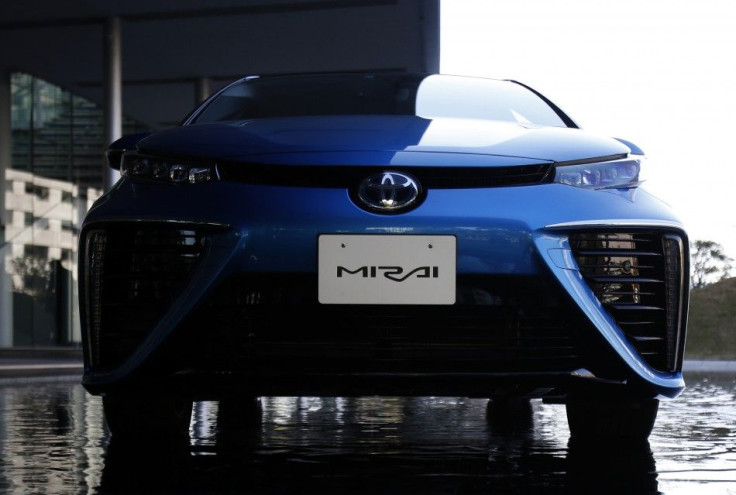Toyota works with Stanford, MIT to produce cars with artificial intelligence

With an aim to enter the field of driverless robot-driven vehicles, Toyota recently announced its plans to build artificial intelligence into cars. The research will be conducted in association with the researchers at Stanford and Massachusetts Institute of Technology, or MIT, over the next five years.
The announcement of the joint research was recently made by Toyota on Sept 4. The company's prospective plan seems promising and could provide an easy solution to people who grow old or are not able to drive safely.
“We will focus initially on the acceleration of intelligent vehicle technology, with the immediate goal of helping eliminate traffic casualties and the ultimate goal of helping improve the quality of life through enhanced mobility and robotics,” said Toyota's Research & Development chief Kiyotaka Ise in a statement.
Even though Toyota has not directly commented on making driverless cars at the moment, it says that it will work on “intelligent vehicle technology.” A Stanford team, headed by professor Fei-Fei Li, will work in close collaboration with MIT and Toyota to use machine learning, data analysis and computer vision to figure out ways for a vehicle to navigate complex traffic situations.
The researchers also look forward to applying innovation breakthrough in robots. “Our team will work to help intelligent vehicles recognise objects in the road, predict the behaviour of things and people, and make safe and smart driving decisions under diverse conditions,” said Li.
Li further revealed that the supportive collaboration will help solve extremely complex mobility challenges using an in-depth approach toward artificial intelligence research. The executive technical advisor to Toyota, Gill Pratt, says that the company's vision is to give mobility and freedom to its consumers in terms of machine use.
Contact the writer at feedback@ibtimes.com.au, or let us know what you think below.





















